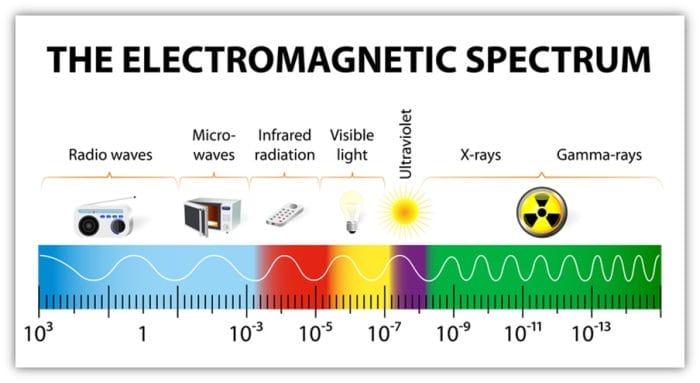American Aires (WIFI.C) announced plans to expand its marketing and products into the eSports, gaming, and online streaming markets.
This is an interesting left turn on behalf of this company. Their original purview includes a technology created for military applications to improve performance in mobile air defense radar operators by reducing the negative biological effects of being exposed to electromagnetic radiation (EMR) for long periods of time. Now they’re getting into esports.
Actually, it’s a bit more involved than that.
Aires’ had a pretty good 2021 as it turns out. Their growth enlarged their user database sufficiently and gave them the ability to unlock macro customer trends. One of these trends is that folks using their product are also looking for ways to improve performance by reducing the effects of chronic EMR exposure. These folks include digital music producers, content creators, live streamers and gamers.
“Most serious gamers spend thousands of dollars upgrading their computer hardware with the goal of achieving screaming fast, buttery-smooth gameplay. If your system experiences lag, those milliseconds are the difference between winning or losing. Gamers are now looking for ways to get an edge through mental upgrades. We see the Aires products as a way for gamers to similarly upgrade their body’s hardware and help eliminate the brain lag that comes with extended periods of gaming. There is a trend of gamer-specific supplements and nootropics (cognitive enhancers or smart drugs) aimed at brain performance which are now flooding the market. Along with our own user data, we see this market trend as indicative that gamers are searching for brain optimizing solutions,” says Josh Bruni, chief revenue officer at Aires.
Sustained long-term EMR exposure leads to a reduction in cognitive functions.
Here’s a symptom list:
- reduced focus
- memory
- reaction speed
- concentration
- mood
- energy levels
- chronic headaches
- difficulty sleeping
- anxiety
The military air defense operators, which are Aires normal speed when it comes to clients, experienced a quantifiable decline in these performance functions, which improved after implementation of Aires’ tech. Gamers, and more specifically the competitive gamer-type, need to keep their performance at the best level possible and struggle with burnout due to the mental and physical demands.
Aires tech could be the solution, protecting against the long term harmful effects of EMR while improving immediate cognitive performance. The company is going to launch a video demonstration series to help give an idea of how their tech eliminates EMR-induced stress in the brain while gaming. They’ve tapped Dr. Nicholas Dogris, a neuroscientist and certified QEEG/Brian Mapping expert, and the CEO of NeuroField Inc, from Santa Barbara, California to be guide.
Dr Dogris used electroencephalography (EEG) to map real-time brain activity of gamers at their craft and then ran the same test with Aires product. The campaign shows more than just the before and after effects, but also the reactions of the test gamer as they see their own physiological response to EMR exposure after three to ten minutes.
“I did not have prior experience with Aires or their technology, so I was quite surprised at the results we were seeing. As a scientist I was intrigued, and my curiosity left me wanting to take these demos from the studio and into the lab. EMFs are a known stressor to the brain and central nervous system and the more we can do to limit exposure or reduce the effects of exposure is important to feeling and performing your best,” said Dr. Dogris.
The first videos of this series just wrapped filming in Los Angeles. VaynerCommerce, Aires’ media partner, directed and produced the videos. The first gaming campaigns, along with the initial cuts of the video series, are expected to begin rolling out in March of 2022.
—Joseph Morton





